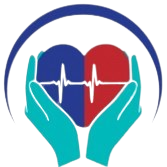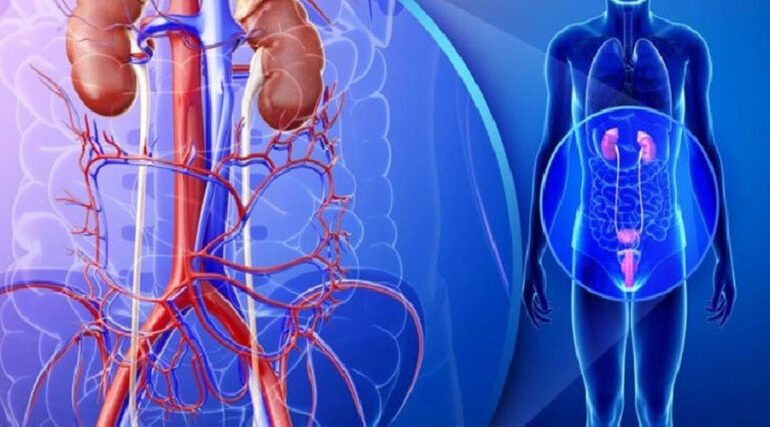The heart is a silent warrior, tirelessly working to keep us alive. But even the mightiest warriors can show signs of vulnerability, and it’s crucial to pay attention to the early warnings that our heart might be sending us. In this blog post, we’ll explore the early signs of heart disease and empower you to take proactive steps toward heart health.
1. Chest Discomfort: The Classic Warning
Chest pain or discomfort, often described as a tightness, squeezing, or pressure in the chest, is a classic early sign of heart disease. This discomfort may extend to your arms, neck, jaw, back, or stomach. If you experience any form of chest discomfort, especially during physical activity or stress, it’s important to seek medical attention promptly.

2. Shortness of Breath: A Call for Help
If you find yourself catching your breath after minimal exertion, such as climbing stairs or walking short distances, it could be an indication that your heart isn’t functioning as efficiently as it should. This shortness of breath can occur due to fluid accumulation in the lungs, a common sign of heart failure.

3. Fatigue: Unexplained Weariness
Feeling tired even after a full night’s sleep or struggling to engage in your regular activities could be a sign that your heart isn’t pumping blood as effectively as it should. If your energy levels consistently plummet without a clear cause, it’s worth discussing with a healthcare professional.

4. Irregular Heartbeat: The Fluttering Alarm
An irregular heartbeat, also known as arrhythmia, can manifest as palpitations or a sensation of your heart racing, fluttering, or skipping beats. While occasional irregular heartbeats are common, persistent or frequent irregularities could signal an underlying heart issue.
5. Dizziness and Lightheadedness: Warning Signs
Frequent episodes of dizziness, lightheadedness, or feeling faint may be related to inadequate blood flow to the brain due to heart-related issues. If you experience these symptoms, especially when changing positions or exerting yourself, consult a healthcare provider.
6. Swelling: Silent Indicator
Unexplained swelling, particularly in the legs, ankles, feet, or abdomen, may be a sign of heart failure. The heart’s inability to pump blood efficiently can lead to fluid retention in these areas.

7. Nausea and Indigestion: Uncommon Signs
Unexplained nausea, vomiting, or persistent indigestion, especially if accompanied by other symptoms like chest discomfort, should not be ignored. Sometimes, these symptoms can be indicative of an impending heart event.
Conclusion: Listen to Your Heart
Recognizing and heeding these early signs can make all the difference in preventing or managing heart disease. Your heart speaks to you through these signals, urging you to prioritize your health. If you experience any of these symptoms, don’t hesitate to consult a healthcare professional. Remember, early detection and timely intervention are key to preserving your heart health and leading a fulfilling life. Your heart deserves your attention – give it the care it deserves.




